Prioritize formative assessment over summative assessment from "summary" of Hacking Assessment by Starr Sackstein
When it comes to assessing student learning, it is crucial to place more emphasis on formative assessment rather than summative assessment. Formative assessment provides ongoing feedback to both students and teachers throughout the learning process, helping to identify areas of strength and weakness in real-time. This allows for adjustments to be made promptly to improve learning outcomes. On the other hand, summative assessment, which typically occurs at the end of a unit or course, provides a final evaluation of student learning but does little to inform instruction or support student growth. By prioritizing formative assessment, educators can create a more dynamic and responsive learning environment. This approach shifts the focus from simply measuring student performance to actively supporting student progress. It allows teachers to identify misconceptions, adapt teaching strategies, and provide targeted support to help students achieve mastery. In essence, formative assessment becomes a tool for learning rather than just a tool for grading. One of the key benefits of formative assessment is its ability to promote student agency and self-regulation. When students receive timely and specific feedback on their progress, they become more actively engaged in their own learning. They are better able to set goals, monitor their own growth, and take ownership of their learning journey. This not only leads to improved academic outcomes but also fosters a growth mindset and a love for learning. Furthermore, prioritizing formative assessment helps to create a culture of continuous improvement in the classroom. By regularly assessing student understanding and adjusting instruction accordingly, teachers can ensure that all students have the opportunity to succeed. This approach promotes a growth-oriented mindset among both students and teachers, emphasizing progress over perfection. It also allows for more personalized and differentiated instruction, catering to the diverse needs and learning styles of individual students.- By prioritizing formative assessment over summative assessment, educators can transform assessment from a one-time evaluation to an ongoing dialogue about learning. This shift in perspective not only enhances student learning but also empowers students to take ownership of their education. Ultimately, formative assessment serves as a powerful tool for promoting growth, fostering student agency, and creating a culture of continuous improvement in the classroom.


